Complex solutions / day are needed to solve problems
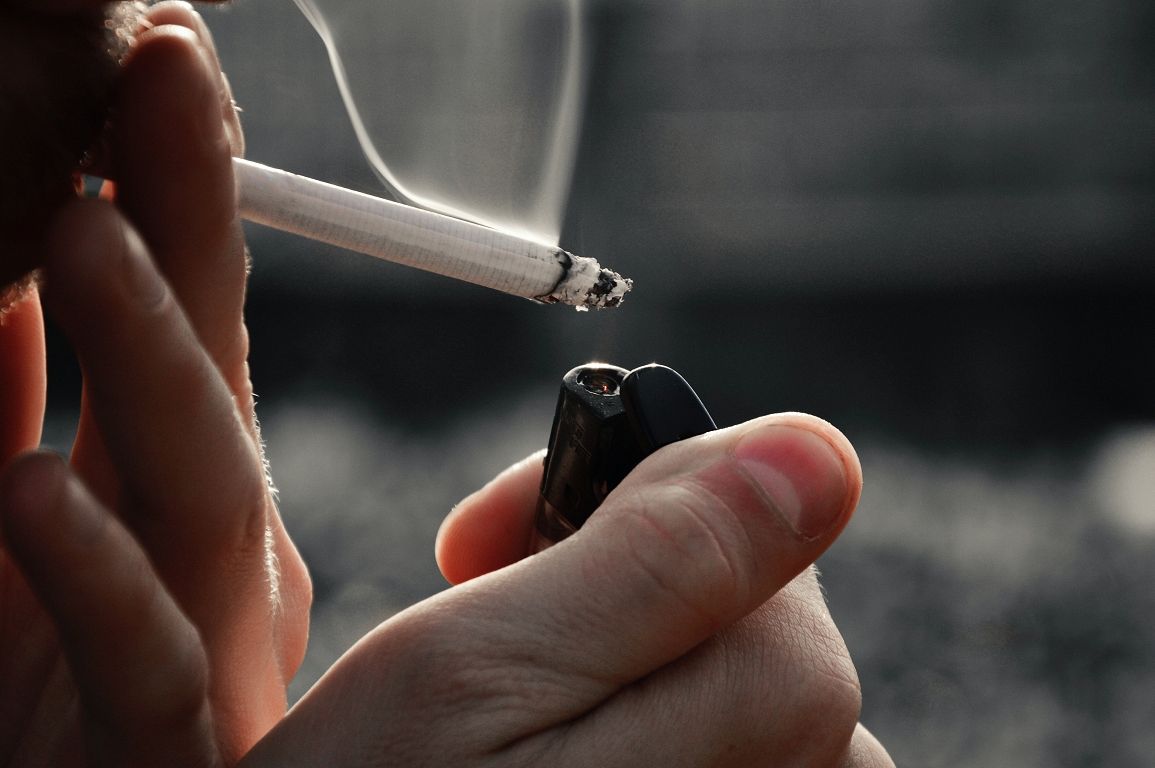
Professor of the Faculty of Economics and Social Sciences at the University of Latvia, Dr.sc.soc. Aija Sword emphasized in the discussion that while people are generally rational beings, she is much more likely to be guided by completely different principles in her behavior. Habits and traditions also ambiguously influence the use of various addictive substances in society. Most people drink alcohol, smoke cigarettes, knowing well that it is bad to have a harmful health effect. However, people continue to use these substances, restrictions, prohibitions do not always work. Often they have the opposite effect, as a much greater impact on human real action has a variety of social, cultural factors – habits, rituals, desire to own a socially group, or vice versa to demonstrate their difference from the rest.
When trying to address addiction problems in society, decision makers are mostly looking at them from the macro perspective – market regulation, conditions of use that can and should not be marketed, who are and are not available to them or other social groups, etc. But at the same time, you have to understand how these restrictions work in the micro level, by what criteria people are guided by their daily choices. However, the formation of daily habits is much more determined by the social and cultural factors in the micro -level – relationships with the people we live with, meet at school, at work, on the street, especially the relationships with the people that are important to us.
Aiga Romane-Meiere, a researcher at the UL, Member of the Board of the Society “Resiliences Centrs” admitted that various addictive substances in Latvia can easily be purchased through social networks and schools. Pupils know very well what to turn to. Some young substances are based on social problems – poverty, violence, neglecting. They have found a way to escape substances with complex experiences and unpleasant emotions. In these cases, no trade and advertising restrictions will be worked and other help will be needed. Young people with negative experiences get to the use of different substances relatively faster, they usually lack a support person. However, restrictions are useful for creating additional obstacles to young people who are still thinking about the use of substances. « The longer the first trial is postponed, the more likely it is that the young man will not start using them at all, » admitted Aiga Roman-Meiere.
Solution – Harm Reducing Approach
“Thousands of years have used people and are likely to continue to use different addictive substances. However, there are different consequences for using different substances. For example, alcohol consumption can have a much more severe social consequence compared to cigarettes – marriage, job loss, bankruptcy. which envisages the replacement of the most harmful products with less harmful substances, ”explained Ludents Vincent Sinkevich, lecturer at the Lithuanian University of Health Sciences and the Lecturer of Psychology at the University of Romer.
« It is important to control control and regulation in the direction we can actually influence and change. If a person uses addictive substances, it is better to use the body and health impact. We need to change the current approach. There is no big difference between a person smoking cigarettes or the use of a simple conversation or medication can only be controlled. V. Sinkevich.
Latvia will form a clinic for smoking cessation
Speaking of smoking, Maris Bukovskis, an associate professor, pneumologist and allergist at the Faculty of Medicine and Life Sciences, said « we can describe smoking as a chronic recurrent disease that we need to be treated constantly. If we have an asthma patient. Mr Bukovsky also said that a private smoking cessation clinic will be opened soon in Latvia, which will take into account the best internationally accumulated experience in addiction treatment, and it will be a unique project in the Baltic.
Sanita Lazdiņa, Deputy Head of the Mental Health, Department of Addiction Prevention and Integrated Services at the Ministry of Health (MoE), also admitted that regulation and restrictions are not enough in the area of addiction to reduce addiction, but should be looked at. As a result, the Ministry of Health is currently working very actively on programs that are targeted for educating young people and discouraging the use of addictive substances. Working with parents is also expected to pay very much attention.
S. Lazdiņa emphasized that « international organizations also recommend a complex approach. At the same time as restrictions, support and education should also be provided. This year, the Ministry of Health has a number of programs, including one of which is evidence -based addiction prevention program in schools » Unplugged « . « No » is also worked on support for young people who are already addicted and used to work in the regions of the Gintermuiza program.
The participants of the discussion emphasized the need for in -depth studies on psychological, medical, social and cultural factors that affect the practice of using nicotine and other addictive substances to limit opportunities for young people, especially adolescents, to access addictive substances, to help them build a meaningful relationship with their peers. the causing substances in the world. At the same time, it is important to understand how to effectively help people suffering from heavy addictions, but unable to win this fight, because one approach, one solution does not work for everyone.

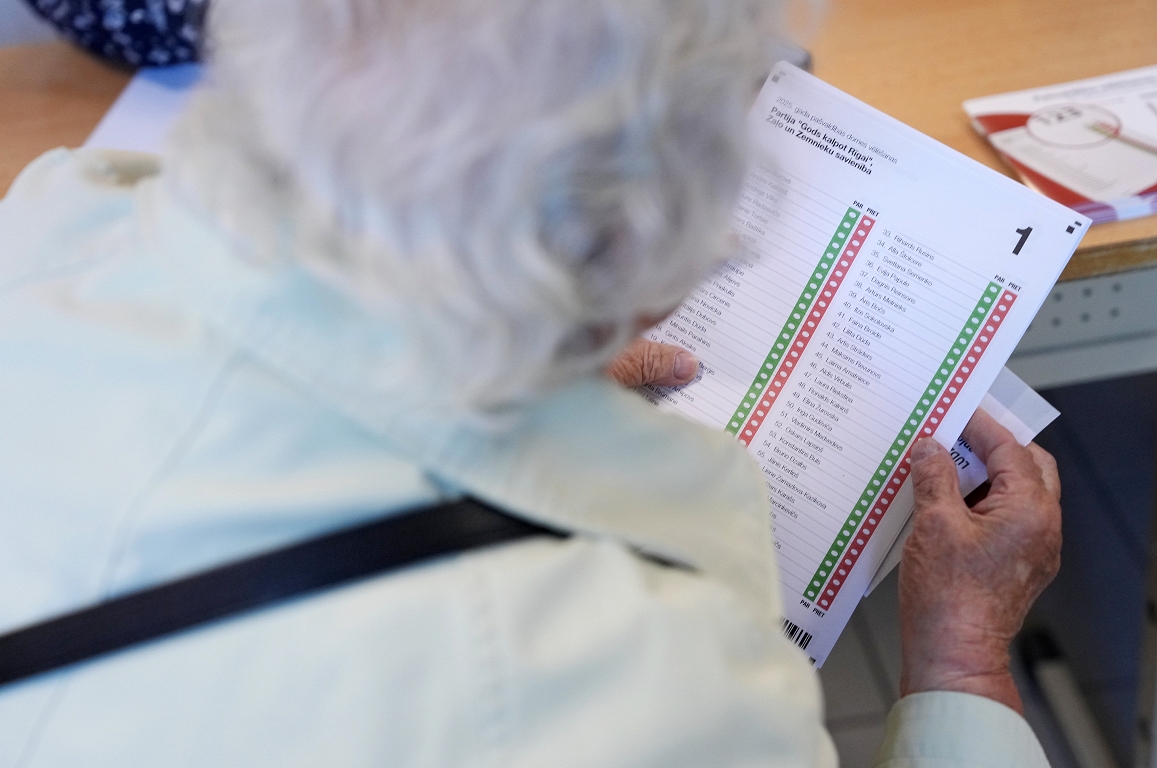
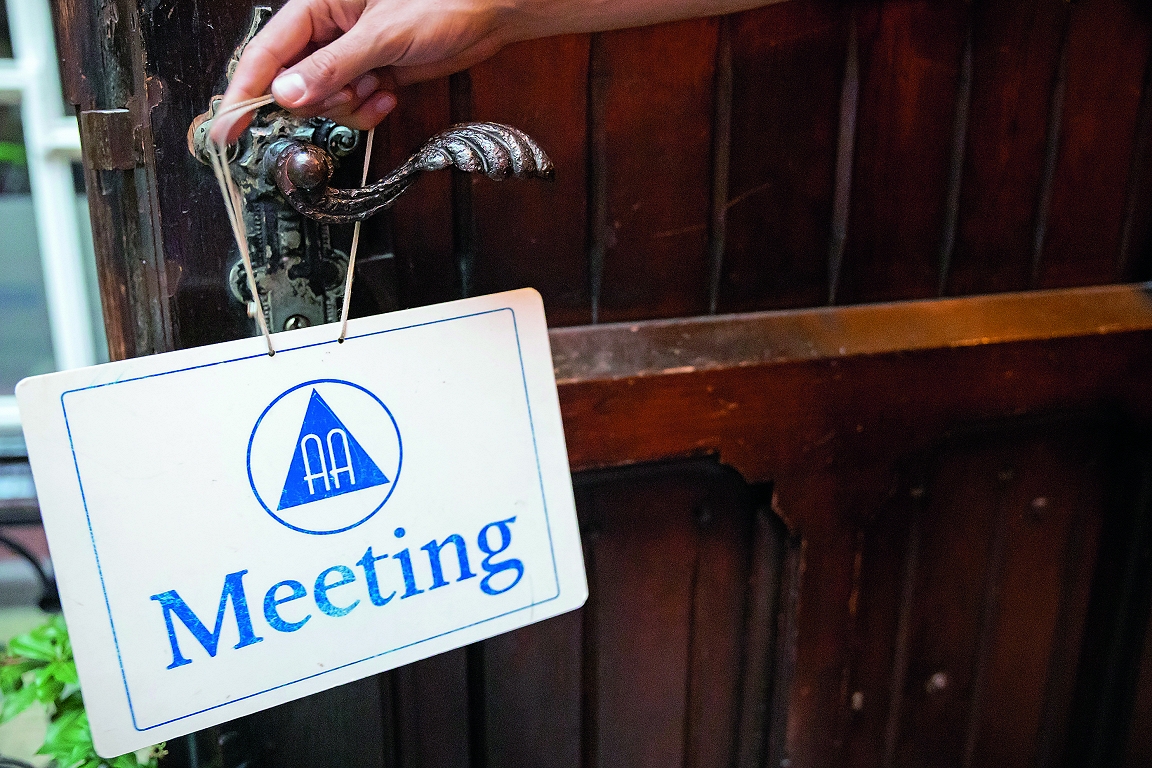


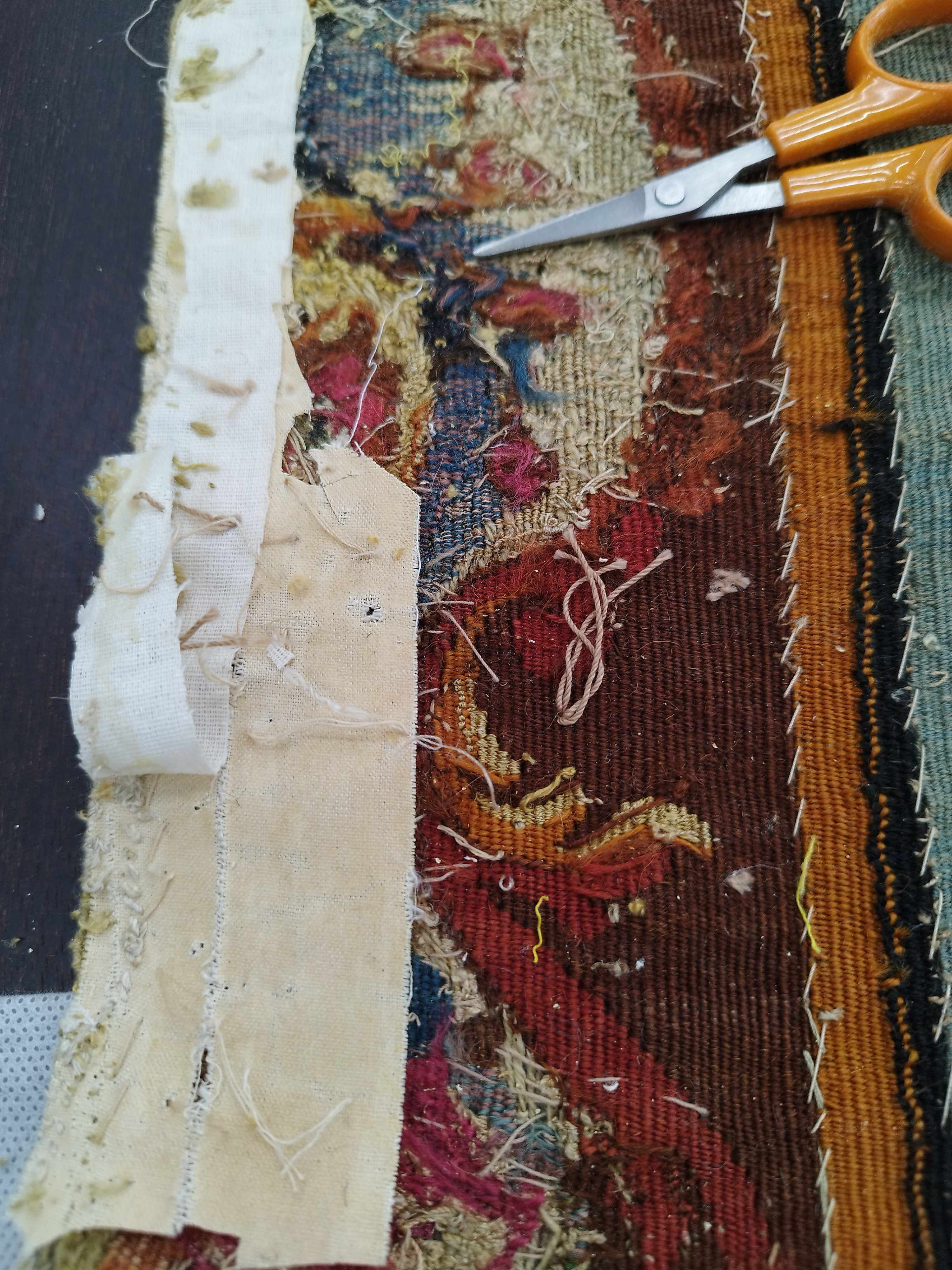
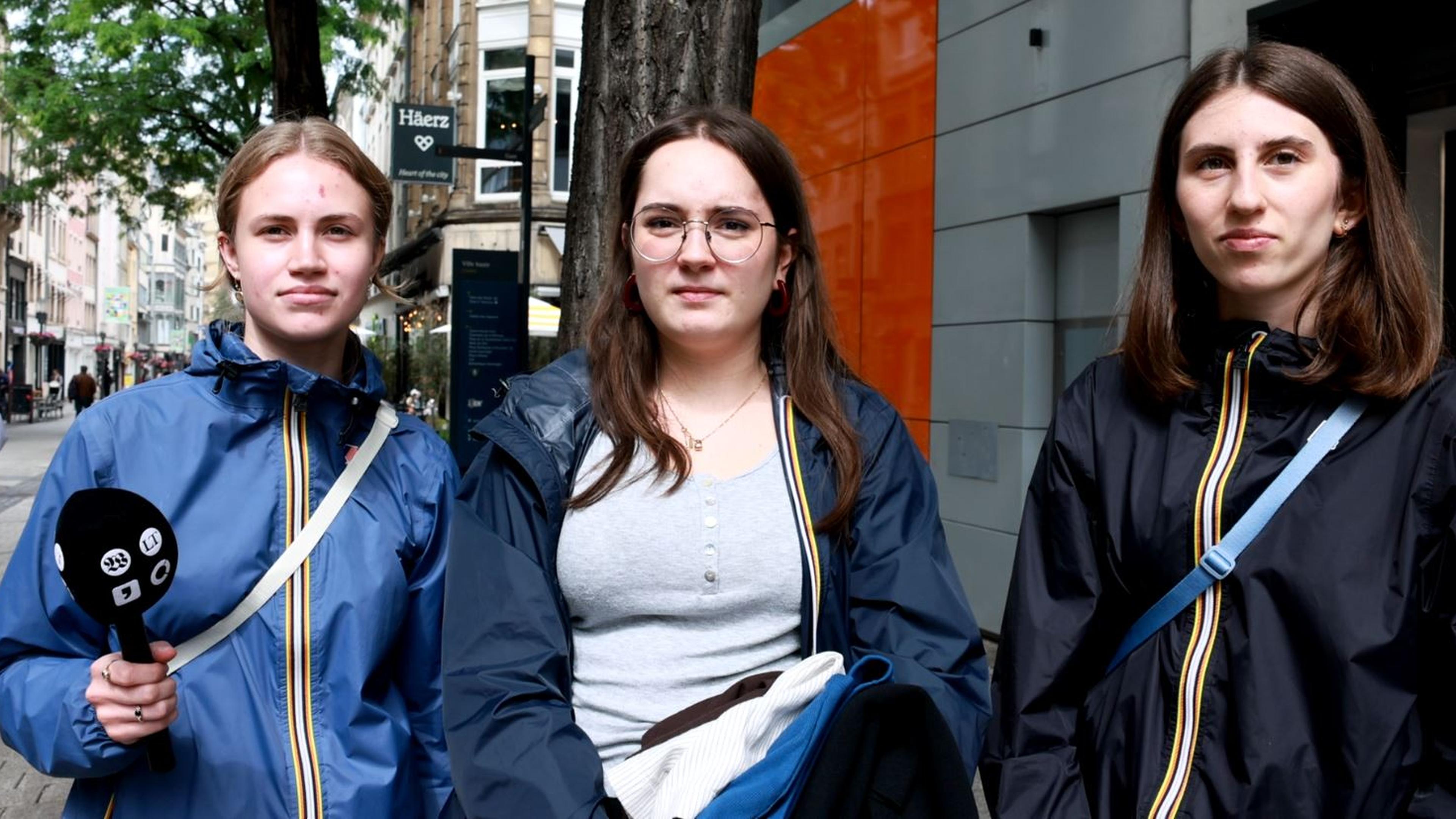
:format(webp)/s3/static.nrc.nl/images/gn4/stripped/data132512191-bf7b93.jpg)